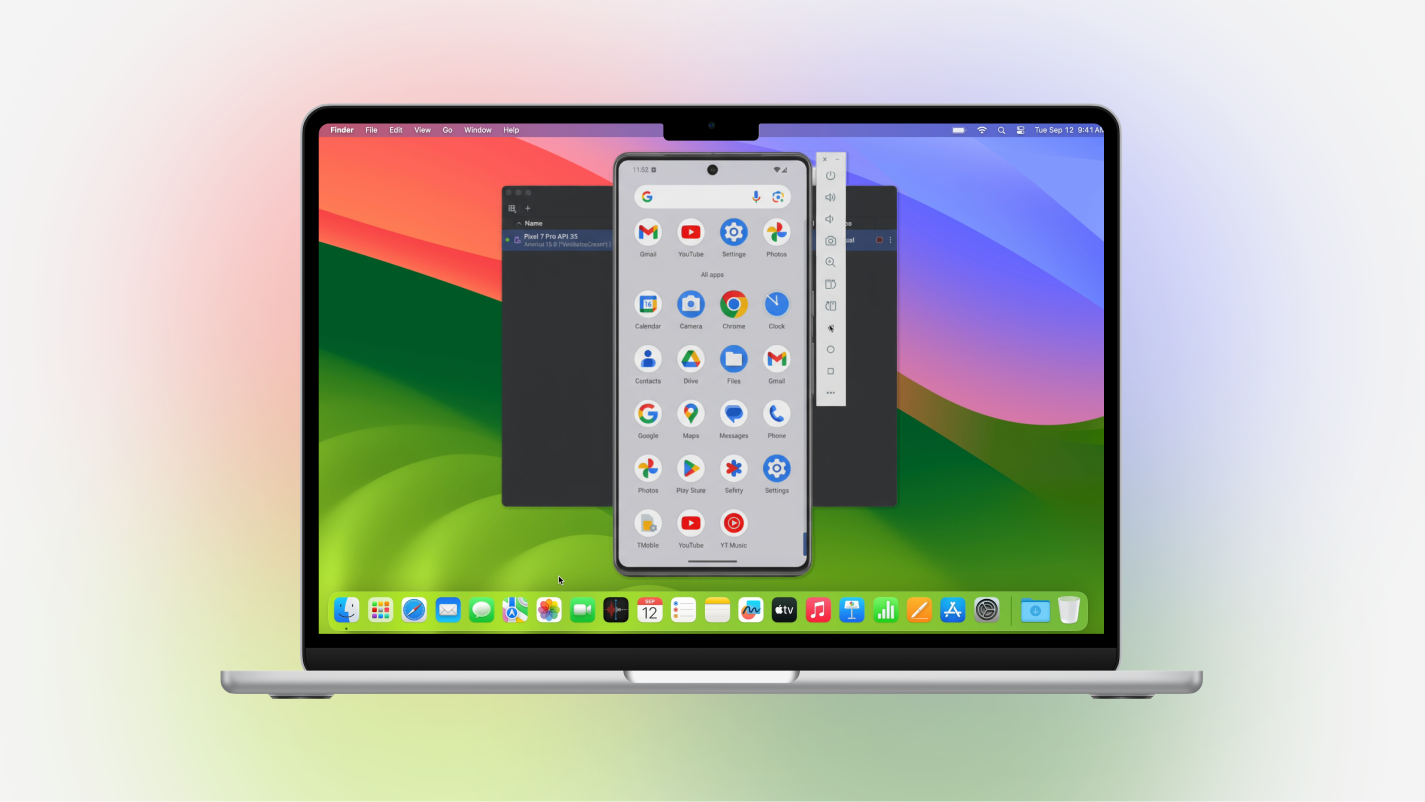It is more important than ever to ensure the quality and stability of applications in the quickly changing field of software development. Traditional quality assurance (QA) and testing methods are reaching their limits as software systems get more complex. Artificial Intelligence (AI) can help with this by providing creative ways to improve the efficiency of software testing.
My blog post explores the revolutionary impact of artificial intelligence on software testing and quality assurance, highlighting its transformative role in these fields.
AI-Powered Test Automation for Superior Results
Developing and maintaining automated test scripts is one of the fundamental issues in software testing. Due to AI being able to learn and adapt, it has the potential to greatly enhance test automation. Artificial intelligence algorithms can automatically build and optimize test cases by evaluating the user interfaces of the software, minimizing the need for manual script creation. Perhaps more significant, though, is that certain AI-based automation solutions already have a self-healing feature that makes it easier to maintain test suites when new features are added to the software. This improves the testing process's accuracy and coverage while also accelerating it.
Generating Test Cases using Artificial Intelligence
Artificial intelligence systems can predict the most efficient test scenarios and find patterns in past test data. By focusing testing efforts on regions most likely to contain flaws, this predictive analysis aids in the creation of more pertinent and focused test cases for both manual and automation QA engineers. Furthermore, AI may dynamically modify test cases in reaction to modifications made to the application, guaranteeing that the suite stays current with the least amount of manual involvement.

Capabilities for Visual Testing
AI-powered visual testing tools are reinventing the testing of UI/UX components. These technologies use machine learning algorithms to automatically identify visual differences between intended and real user interface elements on various screen sizes and devices. This feature is crucial for maintaining consistent user experiences, particularly in intricate and responsive web applications.
Predictive Analytics for Assessments Based on Risk
Another area where AI is making tremendous progress is predictive analytics. Artificial Intelligence models can anticipate which areas of a program are most likely to fail by analyzing large amounts of data from code modifications, project documentation, and historical defect records. Teams can focus their testing efforts on high-risk regions by using this risk-based approach to testing, which maximizes the process's effectiveness and efficiency.
Ongoing Testing and Integration
The ability to continually test and integrate code changes is essential in the realm of DevOps and continuous integration/continuous deployment (CI/CD). By offering intelligent test orchestration capabilities, AI improves this process. AI tools can automatically choose and run the most pertinent tests based on changes in the codebase, making sure that new features and fixes don't interfere with already existing functionality. This loop of continuous testing and feedback lowers the time to market and raises software quality.
Difficulties and Prospects
While AI has opportunities to improve software testing and quality assurance, it also presents difficulties. For instance, high-quality data is necessary to train AI models, and the decisions AI makes might not always be clear. But as AI technology develops further, promising ever more advanced testing tools and techniques, the future appears bright. Artificial intelligence is transforming software testing and quality assurance by automating time-consuming and difficult activities, improving test coverage and accuracy, and offering previously unachievable insights. We can anticipate more developments that will expedite the testing procedure, shorten the time to market, and guarantee the creation of superior software solutions as we continue to leverage the power of AI.
However, it is critical to understand that, despite these advances, the technology has not yet evolved enough. At least not enough to replace the knowledge and work experience of manual and automated QAs. This does not lessen the significance of AI; rather, it emphasizes its opportunity for QA professionals to improve their processes using AI tools. QA teams can assign routine testing to AI by incorporating it into their everyday responsibilities, freeing them up to focus on more complex and important aspects of quality assurance. In this sense, AI functions as an assistant, supplementing rather than replacing the capabilities of QA specialists. As we move forward, the collaboration of human expertise and AI will be critical to achieving the highest levels of software quality.






